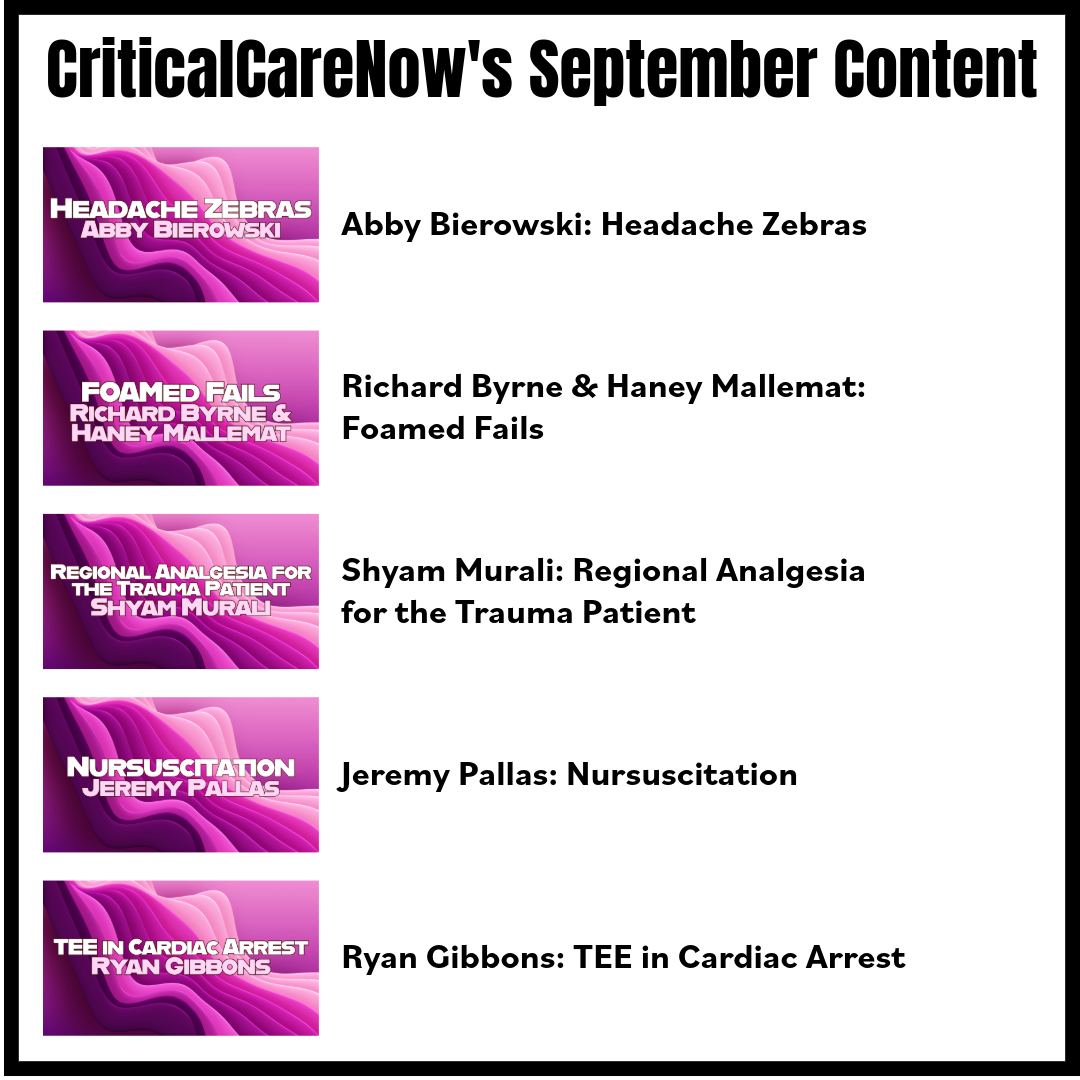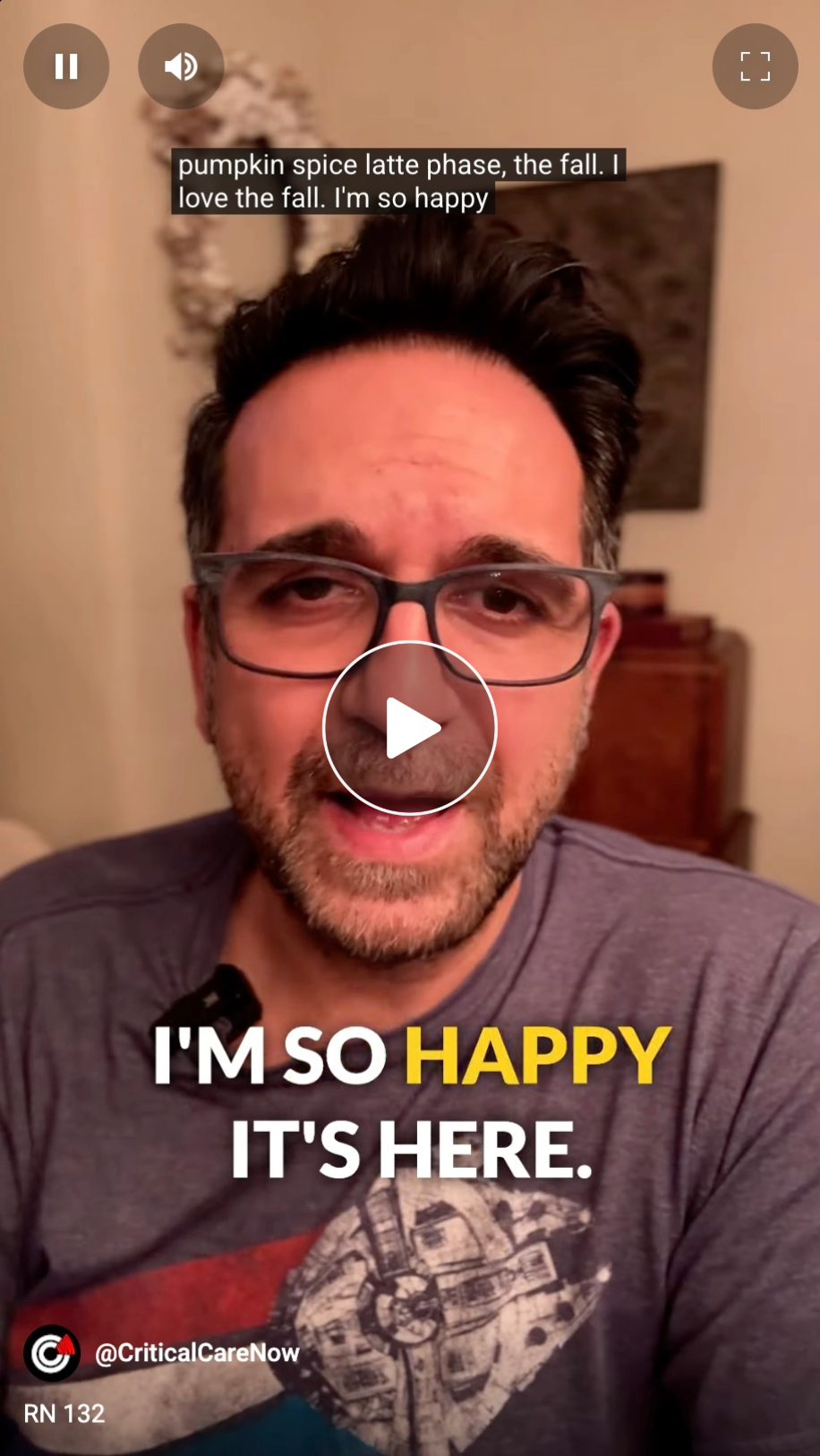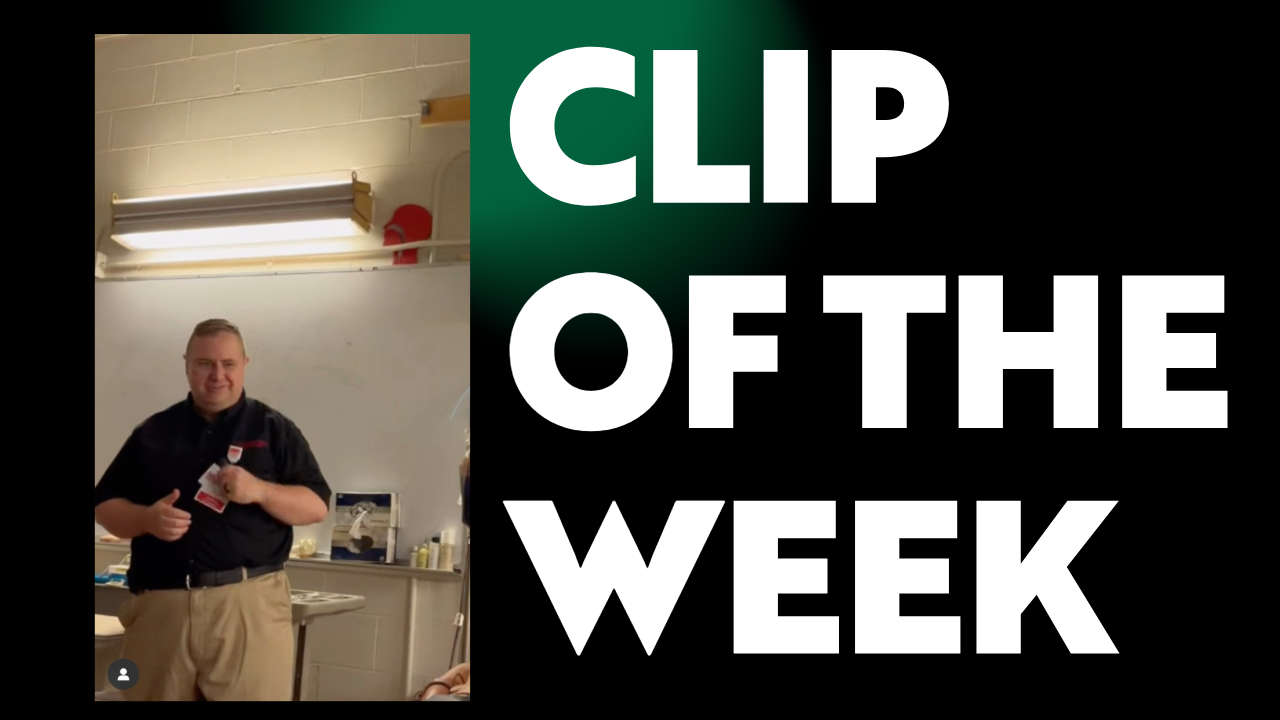ResusNation #132

A Message From Haney

Red Sweat Off His Back
A hippo's skin secretes a thick, oily fluid that looks like a mixture of blood and sweat, giving it the nickname "blood sweat." But despite its appearance, this substance is neither. It's a unique natural defense mechanism that serves two crucial purposes. The reddish-orange color comes from two different pigments, hipposudoric acid and norhipposudoric acid, which absorb harmful UV light, essentially acting as a natural sunscreen. Without this built-in protection, a hippo's sensitive skin would quickly crack and burn under the hot African sun.
Beyond sun protection, this "blood sweat" is a powerful antiseptic. The same acids that provide UV protection also inhibit the growth of bacteria. This is vital for hippos, who spend much of their lives submerged in murky water and often get cuts and scrapes from fighting or moving through their environment. The fluid helps to keep these wounds clean and prevents infections, which would otherwise be a significant threat. So, next time you see a hippo, remember that its bizarre "sweat" is a remarkable example of nature's ingenuity.
Welcome to the 132nd edition of ResusNation!
Your Pulse Check Is a Lie, Here's Why
This video is from our ResusX: 20x20 Winner, Matt Smith. He'll be at ResusX giving this exact talk.
Watch the full video here and leave a comment.
Don't forget to like and follow my IG, TikTok, YT, Facebook or Linkedin accounts.
Tickets Are Almost Sold-Out !
ResusX:2025 is the most anticipated resuscitation conference of 2025 is almost sold-out! Come to historic Philadelphia and spend three-days watching the Rockstars of Resuscitation in action. You'll see short format, high-energy talks, interviews, procedure demoes, and debates. ResusX is not simply a conference, but a resuscitative experience where you are part of the show and spend lots of time after the conference hanging out with the faculty.
Registration will not only give you full-access to the conference but also a swag bag filled with a t-shirt, stickers, and a ton more. Food and snack is on us and you'll also be elibigble to earn up to 20.0 CME or CEU credit. We got your trip covered with on-site parking and an available hotel block.
GET SHESE BONUSES!
- Lifetime access to ResusX:2024 + CME / CEUs
- Lifetime access to ResusX:2023 + CME / CEUs
- FREE Ticket to ResusEM Live in Philly on October 9th. Attend Live or Virtually
We will also be offering a selection of post-conference workshops on October 2 & 3 including:
- Amal Mattu's ECG workshop
- UltraRounds: the resuscitative ultrasound workshop
- ResusReady: a procedural workshop for resuscitationists
Today is your opportunity to take your resuscitation skills to the next level and save big with our early-bird discounts. Come to ResusX, learn the skills and save more lives. Click on the link below to register for your early-bird tickets now.



VCV vs. PCV: Does One Ventilation Mode Offer an Edge?
For patients in critical condition, needing a ventilator can be a life-saving intervention. Mechanical ventilators are machines that help people breathe when they can't do it on their own, often in cases of severe lung injury or illness. For decades, doctors have debated the best way to deliver this support: should the machine be set to deliver a specific volume of air (volume-controlled ventilation, or VCV) or a specific pressure (pressure-controlled ventilation, or PCV)? This research matters because choosing the right setting could impact patient outcomes, including the risk of complications and even survival. This new systematic review and meta-analysis found no significant difference in a serious complication called barotrauma, which is lung damage caused by too much pressure.
While the study found no definitive winner, it did reveal a small but interesting trend: the group on PCV had a slightly lower death rate than the VCV group. This finding, while not a dramatic breakthrough, suggests that PCV could be the preferred option for patients with a specific condition called Acute Respiratory Distress Syndrome (ARDS). The study's authors note that a major limitation is the small number of studies that were included in the analysis, which means more research is needed to confirm this result. Still, this research provides a valuable step forward by including both ARDS and COPD patients, making it a more comprehensive look at the issue than previous studies. It opens the door for future research to explore these trends further and potentially improve care for the most critically ill patients.
Here's my Takeaways:
-
Finding: No significant difference in barotrauma incidence was found between PCV and VCV. The mortality rate was slightly higher in the VCV group (42.17%) compared to the PCV group (36.68%), but this was not statistically significant.
- Practice Impact: PCV may be a preferable ventilator mode for patients with acute respiratory distress syndrome (ARDS).
-
Population: The study included adult patients with acute respiratory distress syndrome (ARDS) and chronic obstructive pulmonary disease (COPD) who were undergoing open-heart surgery. The population was predominantly male (60.76%).
-
Limitation: A major limitation is the small number of studies (four) that were included in the meta-analysis. Further research is needed to confirm the results.
Want to learn more? Read the full study "Pressure-controlled ventilation versus volume-controlled ventilation for adult patients with acute respiratory failure: A systematic review and meta-analysis" by Sitta Suntrawanichakul et al. in Medicine.
Watch the September's
Videos Now!

If you're an All-Access Member, you're in for some great content this month. We have FIVE videos hand-picked by our staff that are high-yield and our most highly watched. We're featuring
- Abby Bierowski on "Headache Zebras"
- Richard Byrne & Haney Mallemat on "Foamed Fails"
- Shyam Murali on "Regional Analgesia for the Trauma Patient"
- Jeremy Pallas on "Nursuscitation"
- Ryan Gibbons on "TEE in Cardiac Arrest"
Each month we bring you fresh new content from the best of the best in resuscitation. If you're an All-Access member, go watch these videos NOW! If you're not, then sign up here.


Are you a member of ResusNation? For less than a cup of coffee, you can get even more content from CriticalCareNow. Digital teaching sessions, podcasts, free video lectures, grand rounds, and so much more can be your today. Come watch on replay all the content that CriticalCareNow does live. Check out the membership options below and decide the right one for you.
Do you want even more resus content anytime you want? For less than a cup of coffee, you can get even more content from @CriticalCareNow. Digital teaching sessions, free video lectures, grand rounds, and so much more can be your today. Come watch on replay all the content that @CriticalCareNow does live.
Check out the membership options below and decide the right one for you.


Get Access To The ResusNation Today!







Responses